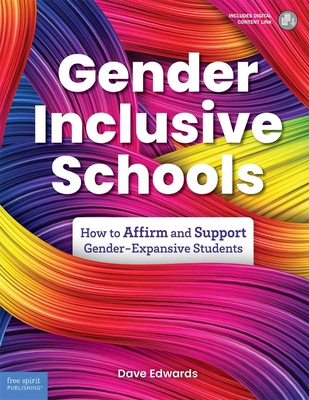
Bay-Williams, Jennifer
Mastering the basic facts for addition, subtraction, multiplication, and division is an essential goal for all students. Most educators also agree that success at higher levels of math hinges on this fundamental skill. But what's the best way to get there? Are flash cards, drills, and timed tests the answer? If so, then why do students go into the upper elementary grades (and beyond) still counting on their fingers or experiencing math anxiety? What does research say about teaching basic math facts so they will stick?
In Math Fact Fluency, experts Jennifer Bay-Williams and Gina Kling provide the answers to these questions--and so much more. This book offers everything a teacher needs to teach, assess, and communicate with parents about basic math fact instruction, including
- The five fundamentals of fact fluency, which provide a research-based framework for effective instruction in the basic facts.
- Strategies students can use to find facts that are not yet committed to memory.
- More than 40 easy-to-make, easy-to-use games that provide engaging fact practice.
- More than 20 assessment tools that provide useful data on fact fluency and mastery.
- Suggestions and strategies for collaborating with families to help their children master the basic math facts.
Math Fact Fluency is an indispensable guide for any educator who needs to teach basic facts. This approach to facts instruction, grounded in years of research, will transform students' learning of basic facts and help them become more confident, adept, and successful at math.







